The “star of the underdogs” who captured hearts in Japan and worldwide through both horse racing and the game Uma Musume Pretty Derby has died peacefully at Martha Farm in Chiba Prefecture.
In the early morning hours of September 9, 2025, Japan lost one of its most beloved sporting icons—not a champion, but a horse whose extraordinary losing streak made her more famous than most winners ever become. Haru Urara, the racehorse who achieved legendary status by losing 113 consecutive races, passed away peacefully at age 29 at Martha Farm in Chiba Prefecture, surrounded by the staff who had cared for her in retirement.
The Original Underdog Story
Haru Urara’s story began in 1998 at Kochi Racecourse, where she would go on to redefine what it means to be a star in Japanese horse racing. Unlike the thunderous victories that typically capture headlines, Haru Urara’s appeal lay in her determined efforts despite never crossing the finish line first. Race after race, she would give her all, earning the affection of fans who saw themselves in her struggles.
“He was incredibly healthy until yesterday. Then, all of a sudden…” said Yuko Miyahara, president of Martha Farm and the Haruurara Association, speaking about the sudden onset of colic that claimed the mare’s life. The condition, caused by gas buildup in the intestines, has claimed several famous racehorses including Derby winners Winning Ticket and Sunny Brian.
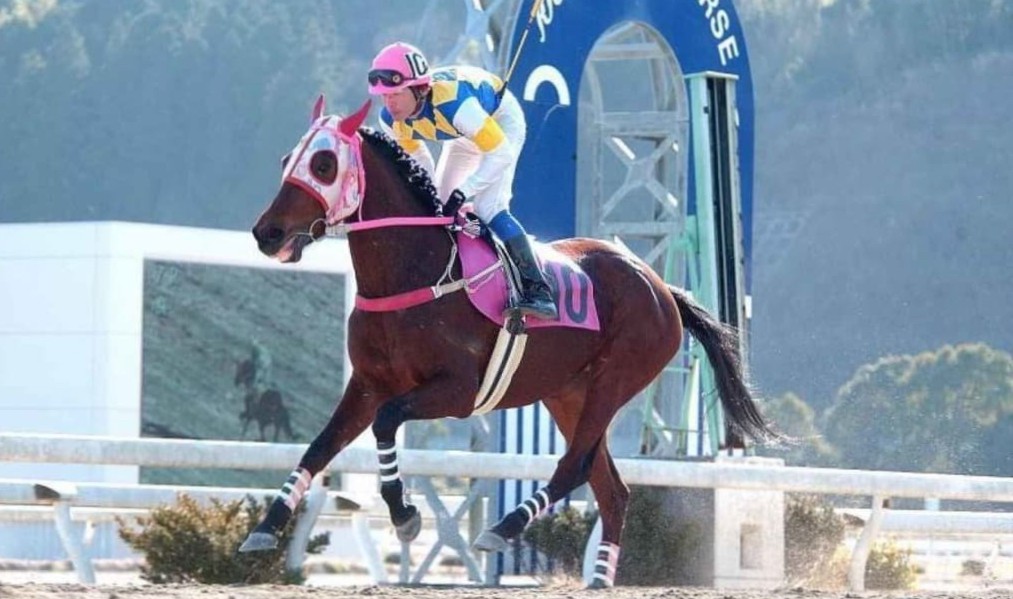
The peak of Haru Urara’s fame came in March 2004 when legendary jockey Yutaka Take agreed to ride her, drawing 13,000 spectators to Kochi Racecourse—so many that admission had to be restricted. Even under Take’s expert guidance, Haruurara finished 10th out of 11 horses, but the crowd’s love for her only grew stronger.
From Racetrack to Gaming Phenomenon
While Haru Urara’s racing career ended years ago, her story found new life in an unexpected medium: mobile gaming. The horse became a central character in Cygames’ wildly successful “Uma Musume: Pretty Derby,” where racehorses are reimagined as anime-style schoolgirls competing in both races and idol performances.
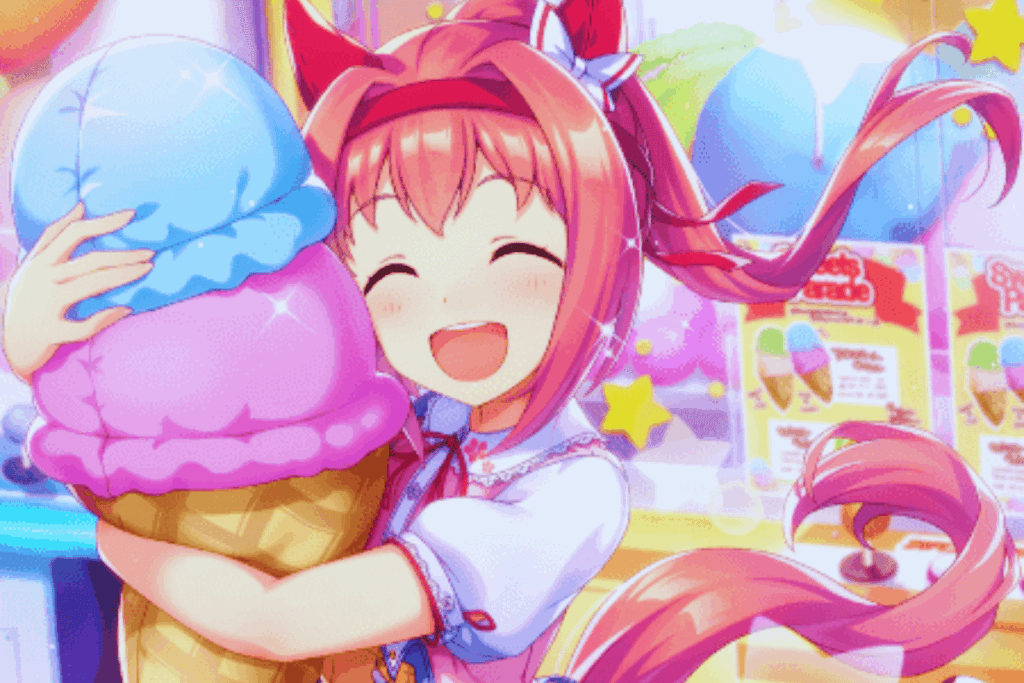
In Uma Musume, Haru Urara is portrayed as an eternally optimistic character who maintains her cheerful disposition despite repeated setbacks. Her character design captures her real-life spirit—determined, resilient, and surprisingly upbeat for someone who never tasted victory. The game’s interpretation resonated so strongly with players that it sparked renewed interest in the real Haru Urara, bringing younger fans to Martha Farm to meet the actual horse behind the virtual character.
“Since the English version was released in June 2025, the situation has changed dramatically,” Miyahara explained. “We’ve had emails from people inquiring about visiting the farm from the US, the Philippines, and recently even Poland. About one-third of our recent reservations have been from overseas.”
The Uma Musume Effect
The Uma Musume franchise, which includes both the mobile game and a critically acclaimed anime series, has introduced Haru Urara’s story to a global audience. In the anime, her character embodies the Japanese concept of ganbaru—persevering through adversity with determination and grace. Her storylines often focus on finding joy and purpose beyond winning, themes that resonated deeply with viewers worldwide.
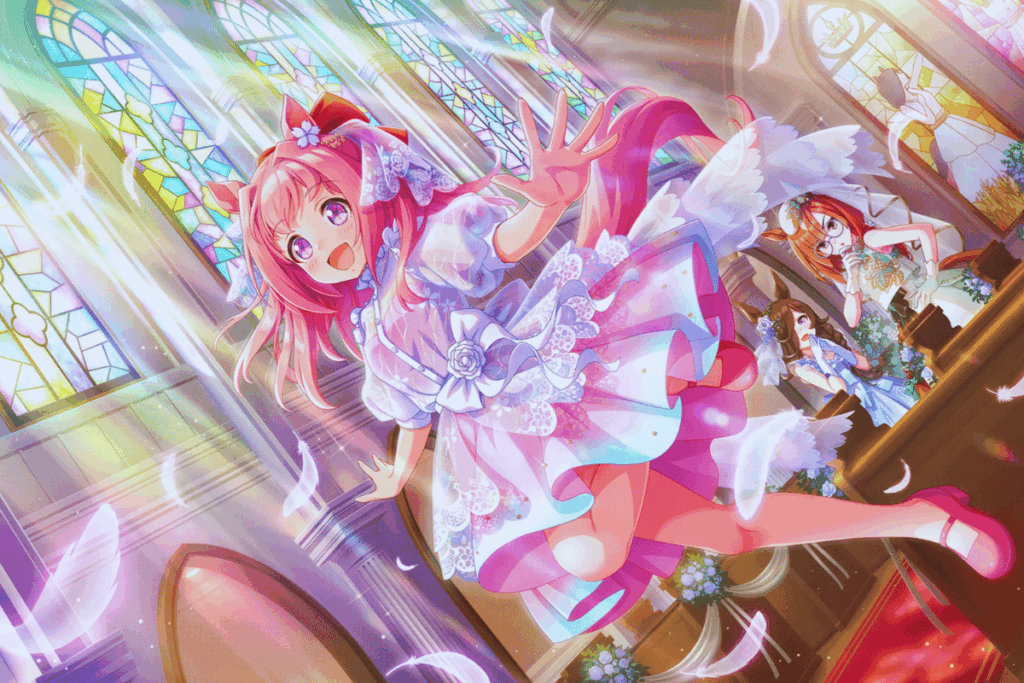
The game’s gacha system allows players to “train” Haru Urara, helping her overcome her historical losing streak in alternate timeline scenarios. Interestingly, some of the game’s most emotional moments involve Haru Urara finally achieving victory—a catharsis that real-life fans never got to experience but could live vicariously through the virtual version.
What Made Her So Loveable
Haru Urara’s appeal transcended traditional sports fandom because she represented something universally relatable: the struggle to keep going despite repeated failure. In an era of corporate restructuring and economic uncertainty in early 2000s Japan, her persistence struck a chord with ordinary people facing their own challenges.
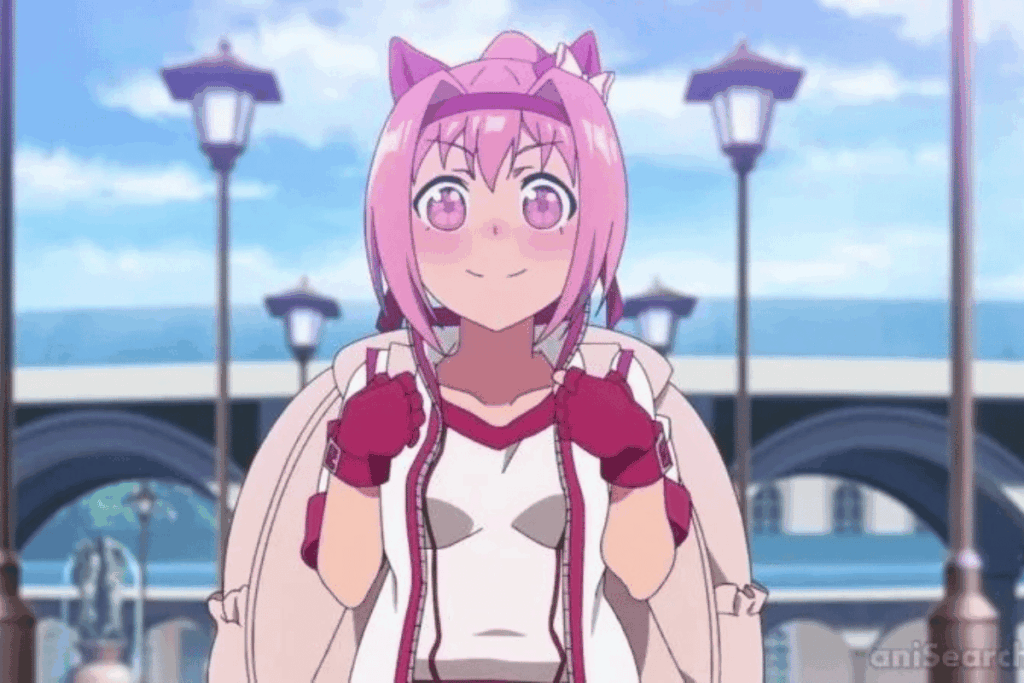
This stubborn personality, combined with her earnest efforts on the track, created a character that felt more human than many actual celebrities. Fans didn’t bet on her to win—they bet on her as a good luck charm, believing that supporting the ultimate underdog might bring them fortune in their own lives.
A Legacy That Endures
The transformation from racing footnote to gaming icon demonstrates how compelling stories can find new audiences across different media. While Haru Urara never won a race, she achieved something more valuable: she became a symbol of perseverance that continues to inspire people decades after her retirement.
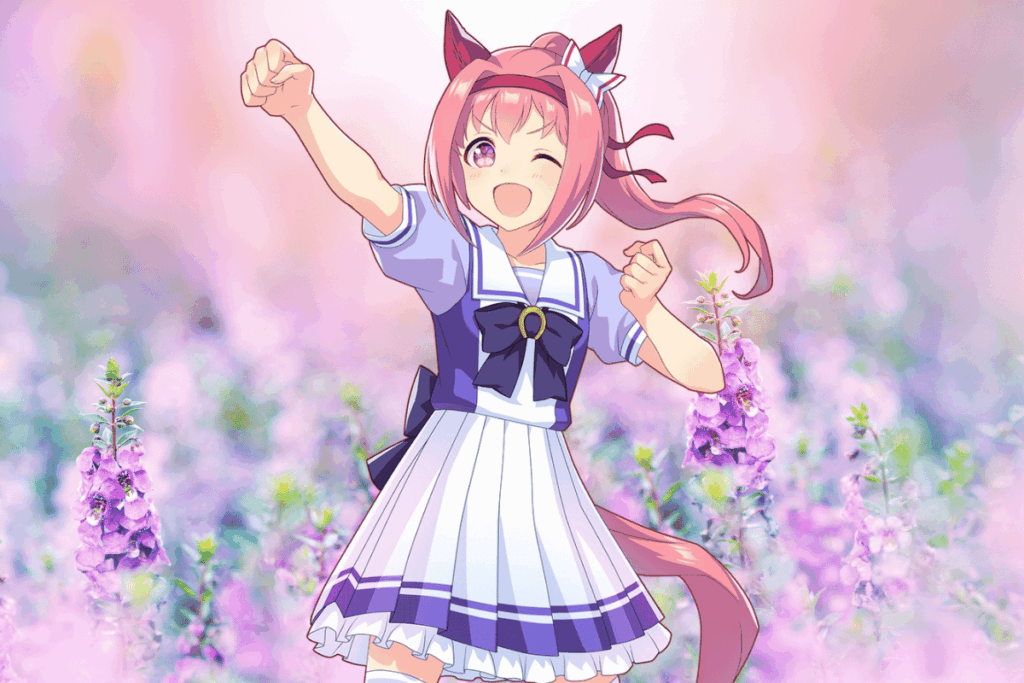
The Uma Musume franchise has ensured that Haru Urara’s story will continue reaching new generations, teaching them that sometimes the most meaningful victories aren’t about crossing the finish line first, but about never giving up the race entirely.
As Martha Farm prepares to say goodbye to its most famous resident, fans around the world—whether they knew her from the racetrack, the game, or the anime—are united in mourning the loss of a true original. In a sport defined by speed and strength, Haru Urara proved that sometimes the greatest champions are those who show us how to lose with dignity and keep trying anyway.
Read More:
Still In Love: Uma Musume’s First Full-Blown Yandere Takes the Fandom by Storm – VRSUS
The Best Songs in Uma Musume: Post-Race Performances That Steal the Show – VRSUS
The Life and Legacy of Grass Wonder in Japanese Horse Racing and Uma Musume – VRSUS





